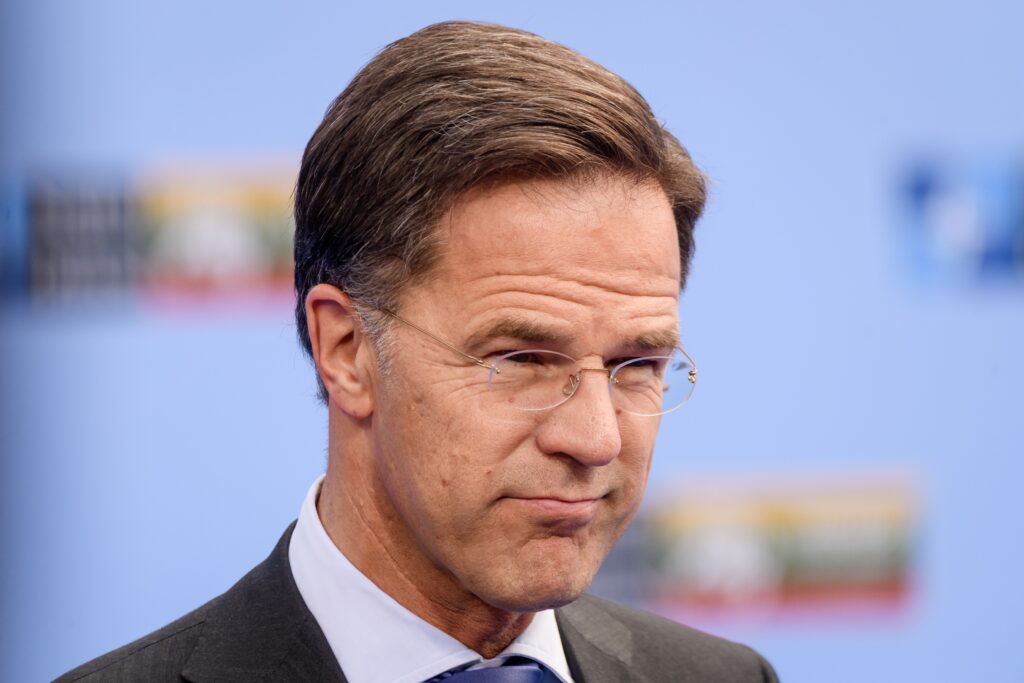NATO Secretary-General Mark Rutte has urged Ukrainian President Volodymyr Zelenskyy to refrain from publicly criticizing German Chancellor Olaf Scholz. Zelenskyy’s frustration stems from Germany’s refusal to provide Taurus cruise missiles to Ukraine. Despite this, Germany remains one of Ukraine’s most significant allies since Russia’s invasion in 2022.
“I have often told Zelenskyy that he should stop criticizing Olaf Scholz because I think it is unfair,” Rutte explained in an interview with the German Press Agency (dpa). Scholz justified his decision by emphasizing the “high risk of escalation” with Russia.
Divergent NATO Strategies on Arms Support
Rutte expressed his readiness to supply cruise missiles to Ukraine without restrictions, marking a departure from Scholz’s cautious stance. “These capabilities are extremely important for Ukraine,” Rutte stated, while highlighting that each NATO member decides its level of support independently.
Zelenskyy had previously criticized Scholz for engaging in a phone call with Russian President Vladimir Putin, claiming it “opened a Pandora’s box” and undermined global efforts to isolate Russia. Rutte’s comments might provide political relief for Scholz, who faces increasing domestic pressures. Scholz’s governing coalition recently collapsed, and he lost a parliamentary vote of confidence.
NATO Faces New Demands Under Trump’s Leadership
Scholz’s difficulties are mirrored in his historically low approval ratings, with the SPD lagging significantly behind the CDU in polls. Friedrich Merz, the CDU leader and frontrunner for the February 23 elections, has promised to deliver Taurus cruise missiles to Ukraine if elected chancellor.
Rutte also addressed the anticipated demands from U.S. President-elect Donald Trump for higher European NATO defense spending. “He will demand that we do more,” Rutte predicted, referencing Trump’s proposal to increase NATO’s defense spending benchmark from 2% of GDP to 5%.
For the first time, European NATO members are expected to collectively reach the 2% GDP defense spending goal this year. However, several countries remain below the target, and Trump’s potential demands could exacerbate tensions within the alliance.
